The 25 Most Impactful People in Late-Night TV History
-
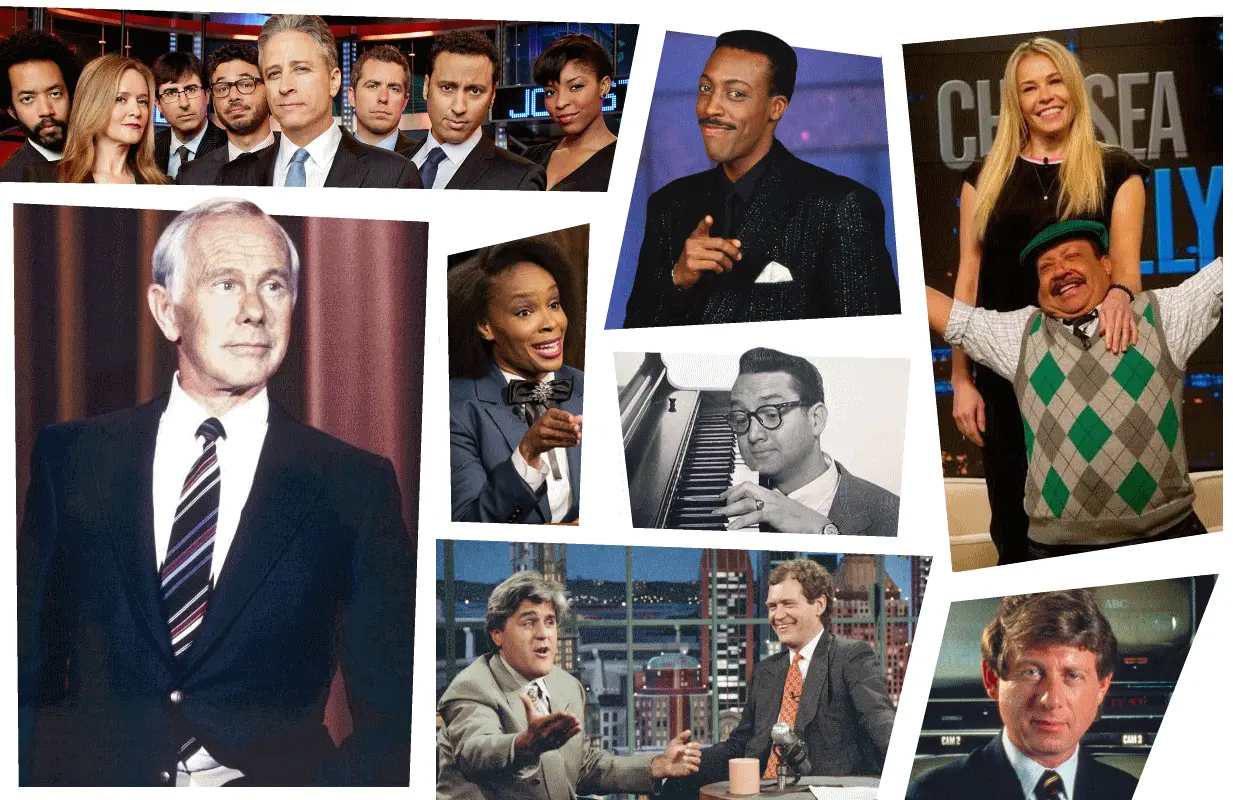 (Photos: Comedy Central, Paramount, E!, NBC, ABC)
(Photos: Comedy Central, Paramount, E!, NBC, ABC)After an enjoyable summer revisiting all the late-night shows, it’s time to sum up with a historical list of who made the biggest impressions on the “time slot” — a word I have to put in quotes these days, since many of us don’t watch late-night TV at night anymore.
25. Barry Mitchell
Creator, “The World News Polka”
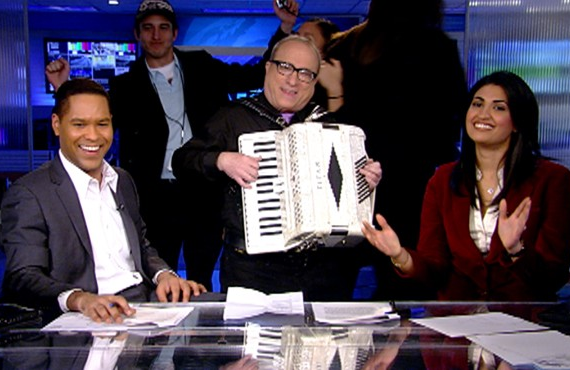
Overnight news generally doesn’t get thought of as “late night TV,” except by insomniacs who found it a comfort over the decades, going back to the Linda Ellerbee-Lloyd Dobins era on NBC News Overnight. Channeling the spirit of that show, ABC’s World News Now signed on in 1991, and its creator, David Bohrman, infused it with an irreverent spirit, including goofy graphics and bizarre forecasts (“Austin, Minn. — Spammy”). Anchors were encouraged to banter and chill, a harbinger of the looser news style that would go mainstream in the years to come. And then there was that polka, courtesy of NYC accordion master Barry Mitchell, who composed that immortal lyric, “It’s late at night, you’re wide awake and you’re not wearing pants/So grab your World News Now mug and everybody dance!” It still airs every Friday morning at the end of the broadcast. More than 100 versions have been laid down by Barry and friends (including, of course, Weird Al). Here's the very first.
24. Amber Ruffin
Host, The Amber Ruffin Show

There’s no getting around the white masculinity of this list, any more than there’s no getting around the white masculinity of 18th-century English literature. But while dead authors remain dead, a new breed of late-nighters are redefining the format as we live and breathe. And no one has more upside than Seth Meyers writer and gay wedding cake topper Amber Ruffin, the first late-night star in streaming. Here’s my review of The Amber Ruffin Show.
23. Chelsea Handler
Host, Chelsea Lately
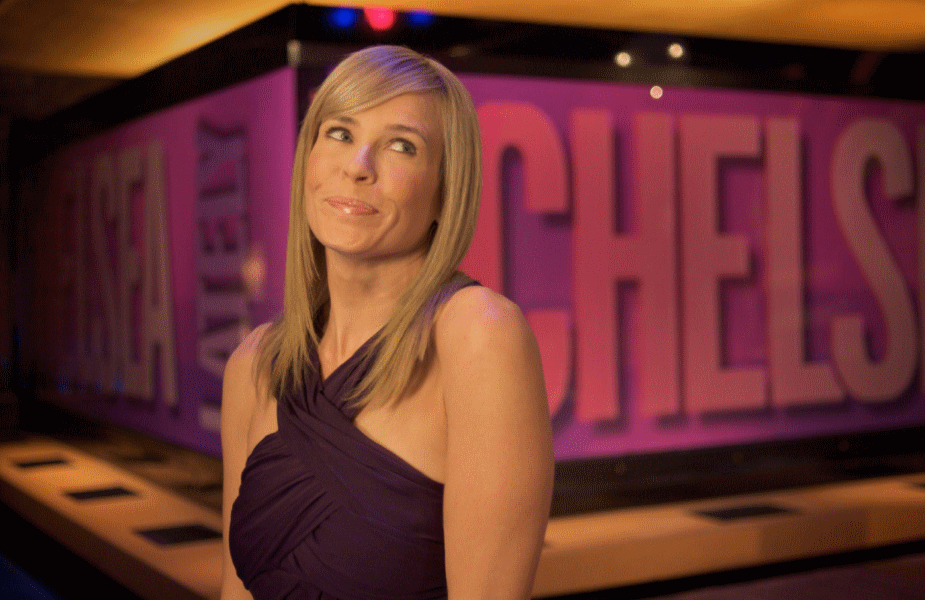
Several women hosted late-night TV before Chelsea Handler, most notably Joan Rivers, Johnny’s permanent guest host who jumped to Fox and bombed. Lauren Hutton did an interesting interview show, shot on film by her boyfriend, but it died in syndication. So that’s the backdrop for what happened in 2007, when E! gave Handler the chance to host a late-night show. With an innovative format and hard work, she built a following more or less from scratch. If Netflix had a clue about late-night TV, she’d still be doing a show.
22. Steve Allen
Host, Tonight!
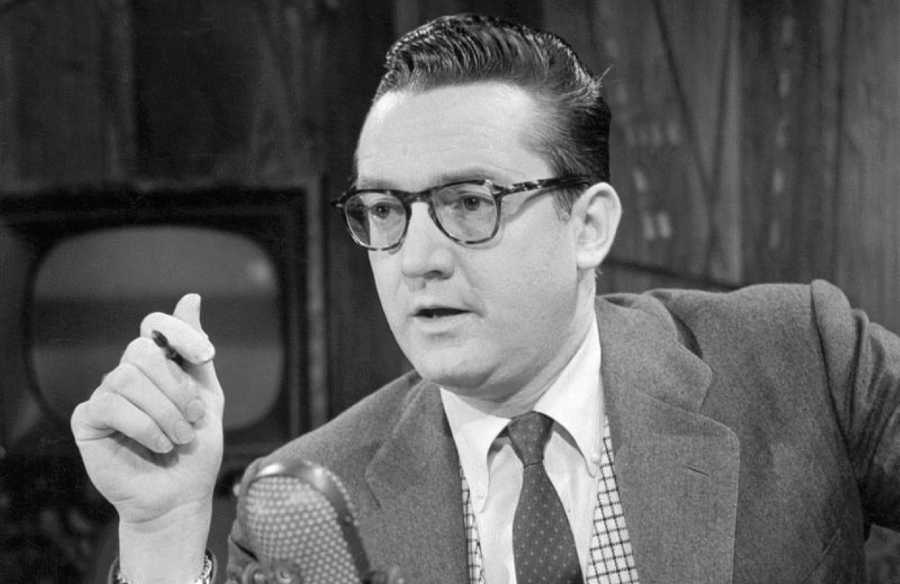
Steverino was not the first NBC late-night host — that honor belongs to Jerry Lester, an old Borscht Belt comedian who was tapped to keep viewers awake in 1951. But it was under Allen that the Tonight Show formula of comedy, interviews and music was organized. Allen was a bundle of energy and he liked to move around the stage and even interact with people outside the building (and it was live, 105 minutes per evening). Later on he had a weekly syndicated program that David Letterman watched and cited as an influence.
21. Roone Arledge
ABC News president, 1977-1998
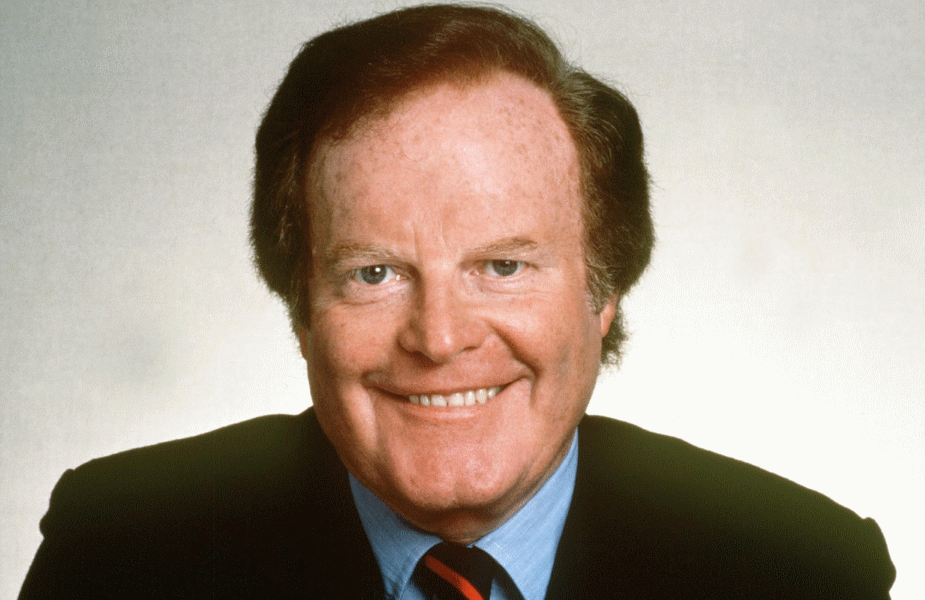
A handful of executives deserve credit for their impact on late-night TV, and Roone Arledge is one of them. An inveterate tinkerer (some ABC veterans would say meddler), Arledge had watched ABC throw one Johnny Carson imitator after another up against the wall — Joey Bishop, Jack Paar, Dick Cavett. When Iranian students took 52 Americans hostage, Arledge saw a chance to counter-program. American Held Hostage, hosted by Ted Koppel, became a nightly fixture, and when that ended after 444 days, the show was renamed Nightline.
20. Dick Ebersol
Co-creator, SNL; executive producer, The Midnight Special, Friday Night Videos, Later with Bob Costas
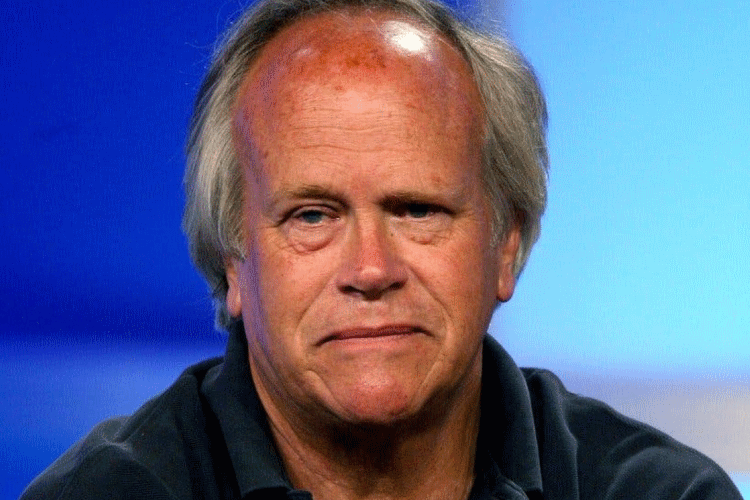
Ebersol, an Arledge protegé, is probably best known for running NBC Sports in the 1990s and being the network’s czar of the Olympics for two decades. But his late-night record is actually more impressive. In 1975, at age 28, he approached Lorne Michaels about producing a show to fill the Saturday night time slot. When Michaels exited SNL in 1980 and his successor nearly killed the show, Ebersol stepped in and righted the ship, with help from Eddie Murphy and, later, Billy Crystal. He also got NBC into the late-late-late-show business, launching Later with Bob Costas at 1:35 a.m. (RIP).
19. Charlie Rose
Host, Charlie Rose
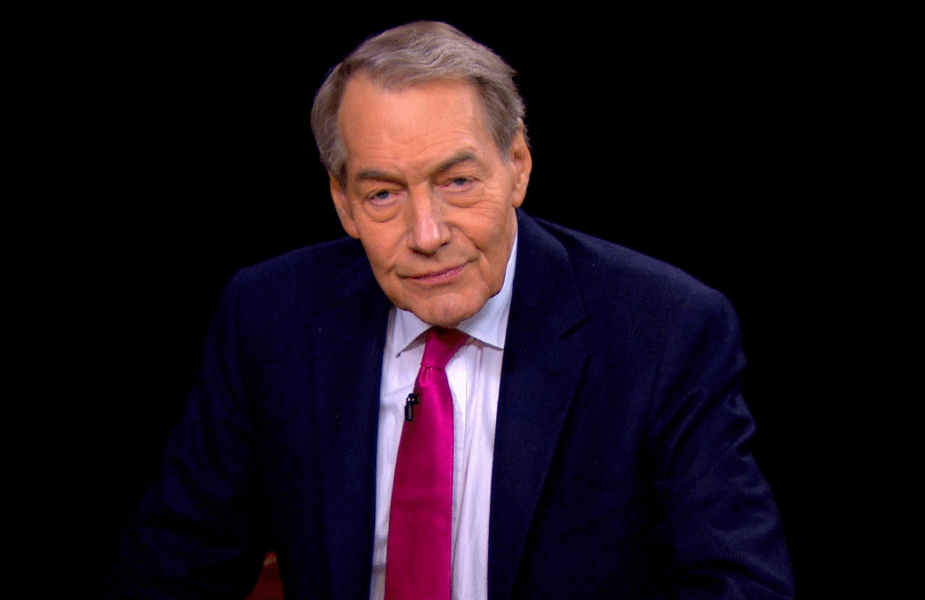
I’m probably lowballing the impact that The Charlie Rose Show had, since he was great at booking authors, journalists, academics and other people that talk TV shows had previously ignored. Recency bias, I suppose.
18. Merrill Markoe
Head writer, Late Night with David Letterman
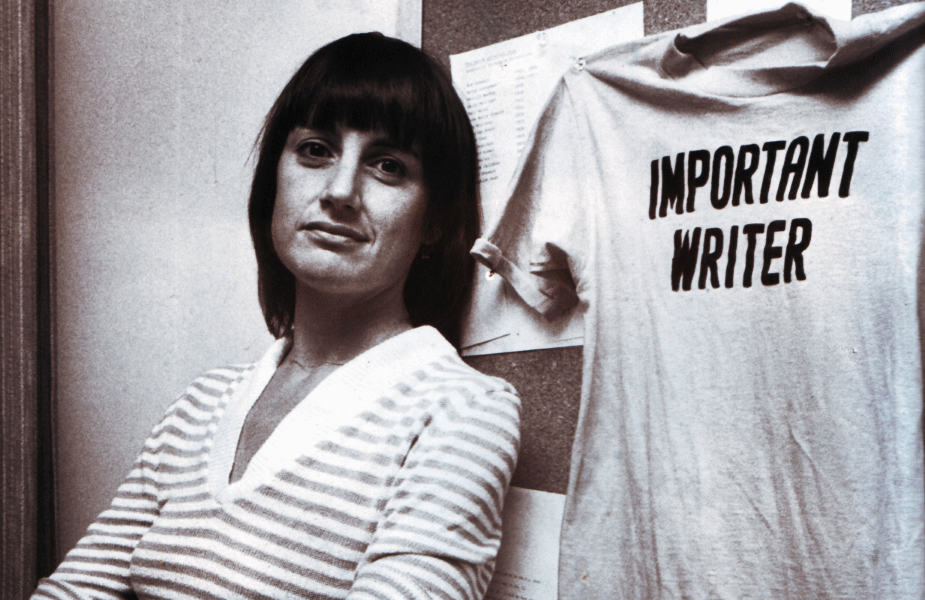
The woman who invented Stupid Pet Tricks (soon to be its own show with host Sarah Silverman!), Viewer Mail and countless other bits, Markoe — even more, I would argue, than her unpolished boyfriend — was responsible for the cocky, “we’re not a talk show” aesthetic that made Late Night with David Letterman an entertainment for the ages.
17. Bill Maher
Host, Politically Incorrect with Bill Maher and Real Time with Bill Maher
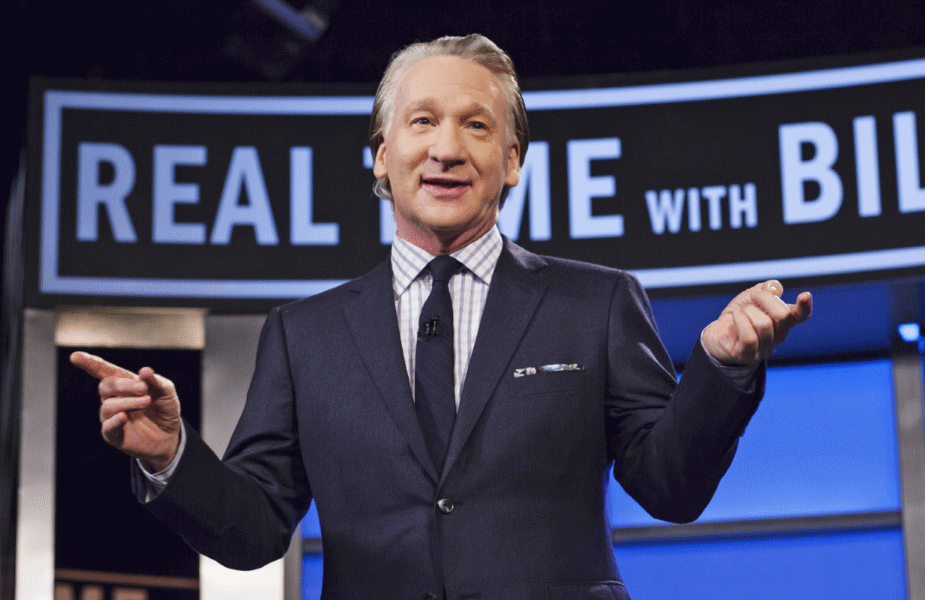
No Bill Maher, no Jimmy Kimmel. It’s as simple as that — Maher’s Politically Incorrect was the bridge that helped ABC transition from mostly news to mostly comedy in late nights. His departure from ABC was, of course, unfortunate, but HBO was a better home for him anyway.
https://www.youtube.com/watch?v=1iEK0-Ad89c16-14. John Agoglia, Warren Littlefield, Howard Stringer
Network weasels
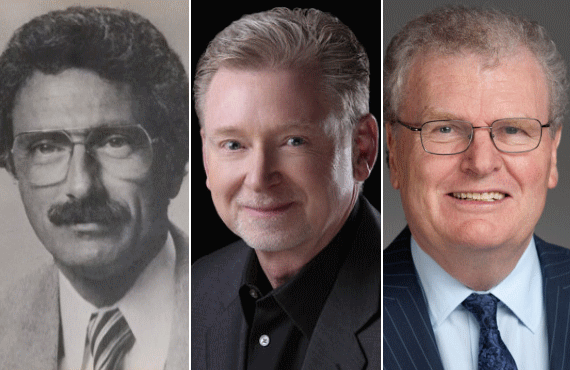
If you’ve read Bill Carter’s classic account of the Letterman-Leno wars, The Late Shift, then you know most of the book wasn’t about the hosts but the executives vying for their favors. Agoglia and Littlefield were at NBC and, according to Carter, they decided that the network would keep Jay Leno as host of The Tonight Show and let Letterman walk. Team Letterman has called that “the billion-dollar mistake” and there’s some merit to that. Would CBS ever have gotten into the late-night business without a generational talent to break people of their NBC habits? CBS honcho Stringer didn’t think so, and his shameless campaign to lure Letterman to Black Rock was one of the singular coups in show business history.
13. Arsenio Hall
Host, The Arsenio Hall Show
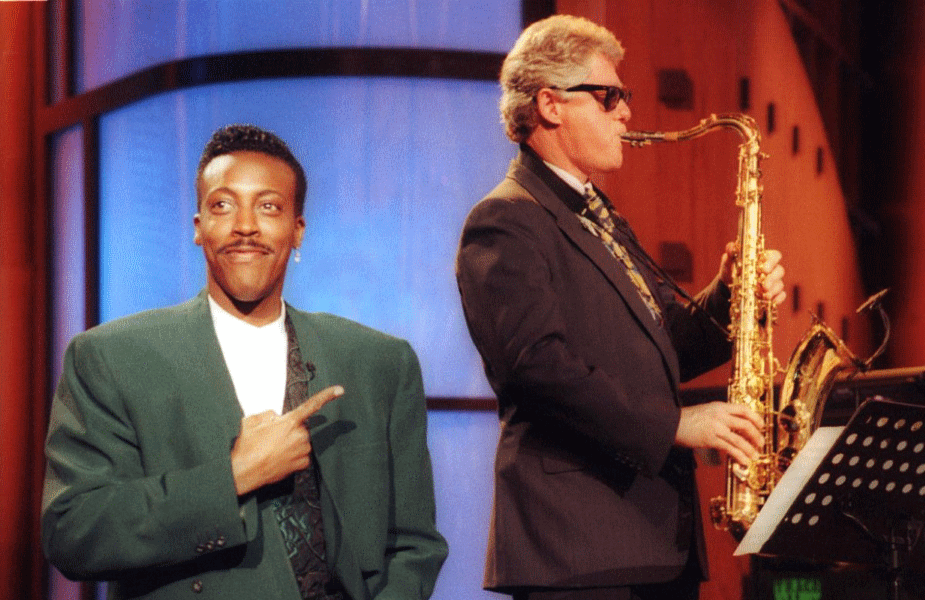
Was there ever anything more surprising than Arsenio Hall’s ascendancy in late night? Well, inside most network suites there was shock and awe — but to anyone who was paying attention to Black America, all Arsenio was doing was tapping into a vast trove of entertainers who had thrived in all corners of the entertainment industry save television. Had Fox offered him the permanent job in 1988 instead of some dumb thing from Conan O’Brien et al., Arsenio would have had a stable network home to build an empire on, rather than the house he was forced to build on the sandy foundation of syndicated TV. But during his short reign he shook the foundations of another house that many thought unshakable — the house of Carson.
12-11. Lizz Winstead and Madeleine Smithberg
Co-creators, The Daily Show

To this day they are listed on the credits as the people who dreamed up the nightly news parody currently hosted by Trevor Noah. And rightly so. Smithberg was a veteran of the Letterman show and Winstead was literally her funny neighbor in Manhattan. Comedy Central chief Doug Herzog gave them the freedom to cook up the show of their dreams, and the format — “part SportsCenter, part Howard Stern, part Weekend Update,” as Herzog put it — eventually became ubiquitous.
10. Peter Lassally
Executive Producer, Late Show with David Letterman, Late Late Show with Tom Snyder and Late Late Show with Craig Ferguson
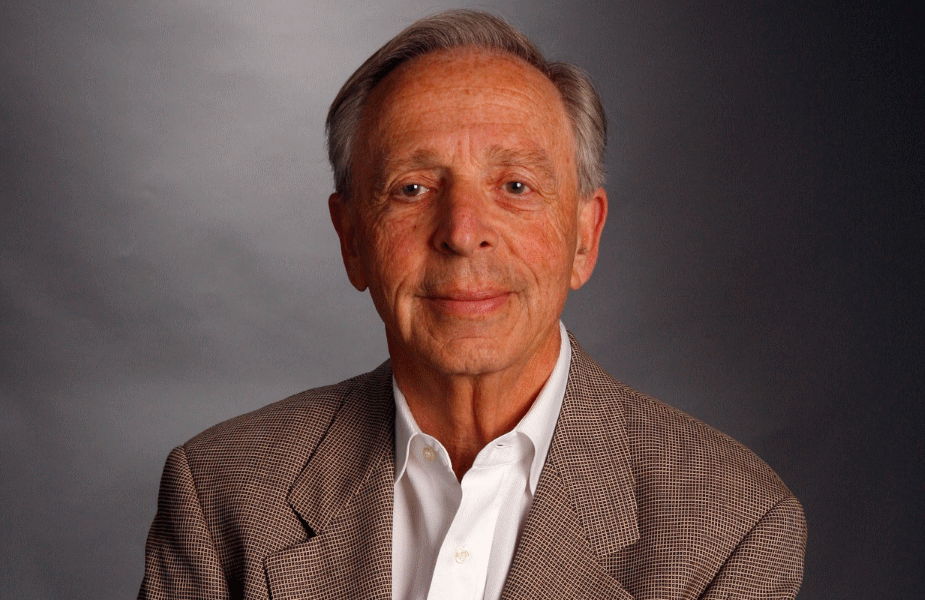
During his 25-year career with Johnny Carson, this low-key producer became “the host whisperer,” someone who could ease a reluctant performer into the guest-hosting seat or, occasionally, their own show. Gentlemanly and discreet, Lassally survived the Nazi concentration camps and built one of the most remarkable careers in show business by understanding performers better than they understood themselves. He never spoke to me or almost anyone else on the record, which makes this revealing interview with Mo Rocca in 2018 a must-read.
9. Jon Stewart
Host, The Daily Show with Jon Stewart
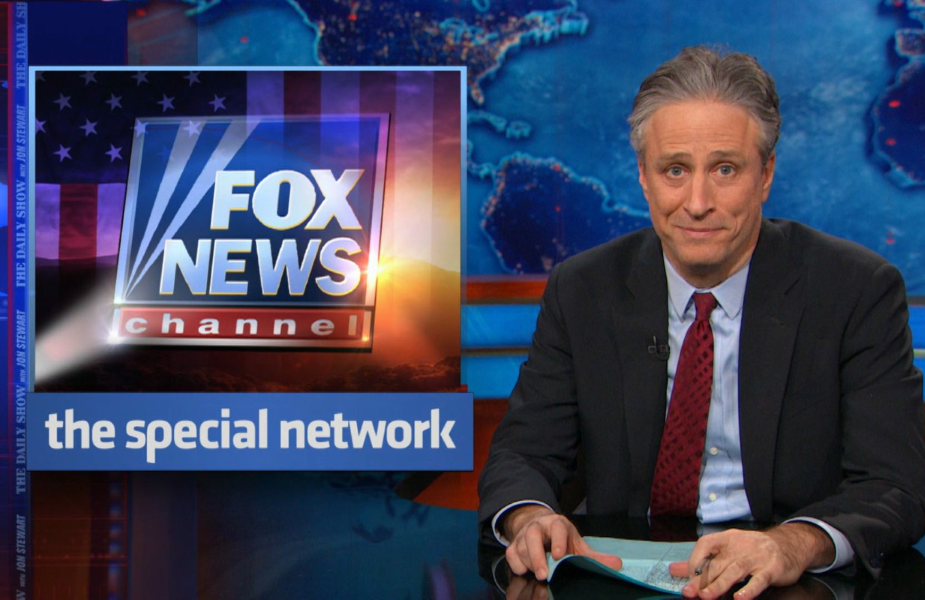
Among those mentored by Lassally was Stewart, a funny guy whose mid-90s syndicated talk show attracted critical notice but few viewers. In 1999, with Craig Kilborn leaving The Daily Show, Stewart came in and the show took a more political bent. In hindsight, what Stewart really did was identify a sparring partner — Fox News — and proceed to pummel them with their own videotape. Daily Show correspondent Stephen Colbert, whose tenure at he show preceded Stewart’s, took note. Today, when you hear Greg Gutfeld or some other Fox check-casher refer to anyone they don’t like as “far left,” you can thank Jon Stewart for that.
8. Jack Paar
Host, Tonight Starring Jack Paar
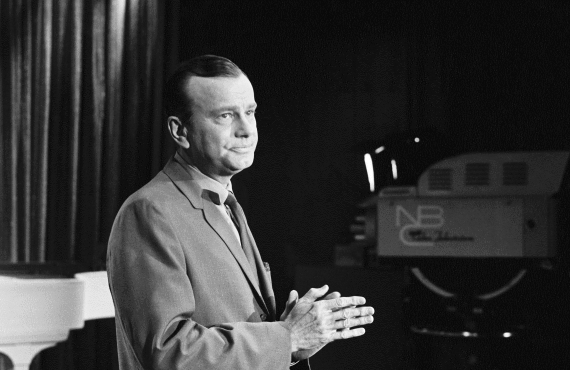
When Steve Allen left The Tonight Show in 1957, he didn’t see much of a future in it. After his successor left in 1962, it was one of the most coveted jobs in show business. The reason was Jack Paar. He invented the late-night monologue, though it was more of a ramble than the cue-card assembly line that it became under Carson. And he introduced a new piece of furniture to the set — the couch. Paar made interviews more intimate and compelling than they’d been in the Allen years. He was notorious for his feuds and political views, and his fiery personality eventually made the daily grind unbearable. He quit after five years, only later realizing he’d made a huge mistake. A comeback attempt on ABC failed because it was ABC.
7. Sylvester “Pat” Weaver
NBC President, 1953-1956
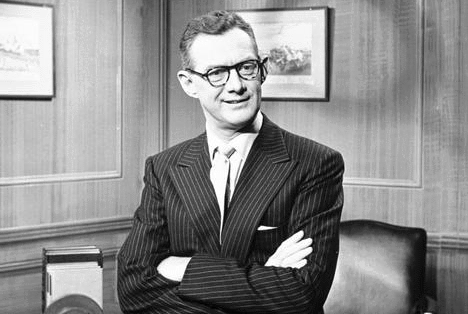
When Sigourney Weaver’s father left the radio advertising world to take an executive post at NBC’s television division, radio was king. By the time he left in 1956 as the network’s president, television was king. Pat Weaver was a big reason why. He created the modern sponsorship system that made networks rich, and he came up with both the Today show and The Tonight Show. Steve Allen once said that Weaver was only good at writing memos, but he also wrote a great book. I read it, and it plausibly backs up his claim to be the founder of late night.
6. Ted Koppel
Anchor, Nightline
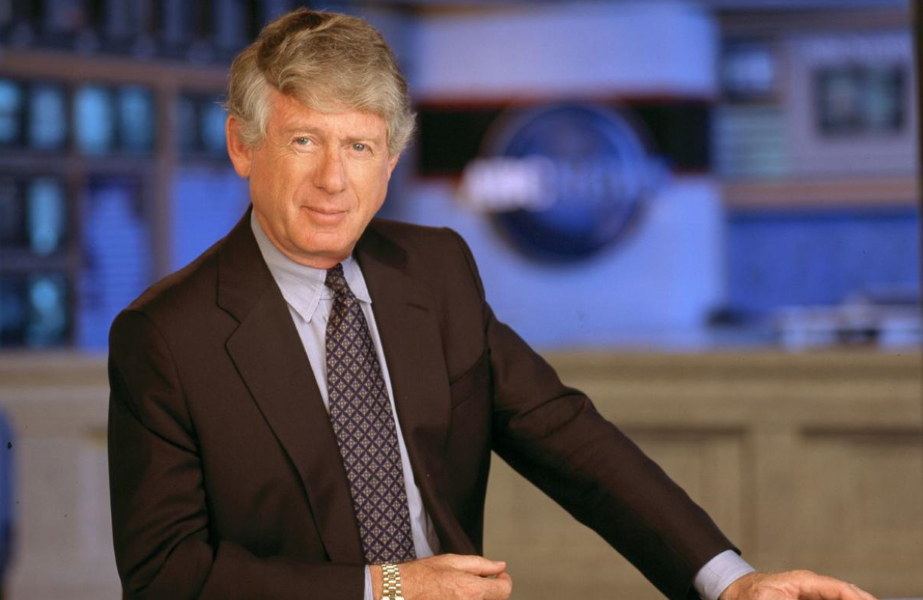
Koppel, not unlike Howard Cosell, was one of those television “personalities” who were not a particularly good fit for the world of corporate-run TV — but throw a little kleig light their way, give him the trappings of self-importance and watch them come alive. A great wordsmith possessed of a devious wit (off-camera he does a killer Henry Kissinger impression), Koppel pulled away some of Johnny’s audience not just because he was offering fresh news at an hour nobody else was but he was so damned entertaining. He was a foreign-policy wonk but an old-time newsman at heart. He was fascinated by televangelists and Elvis. He liked to scold people who complained about objectionable content that every TV set was equipped with an off switch. Nightline lives on, but it’s never been the same since Ted left the building.
5. Conan O’Brien
Host, Late Night With Conan O'Brien, The Tonight Show with Conan O'Brien and Conan
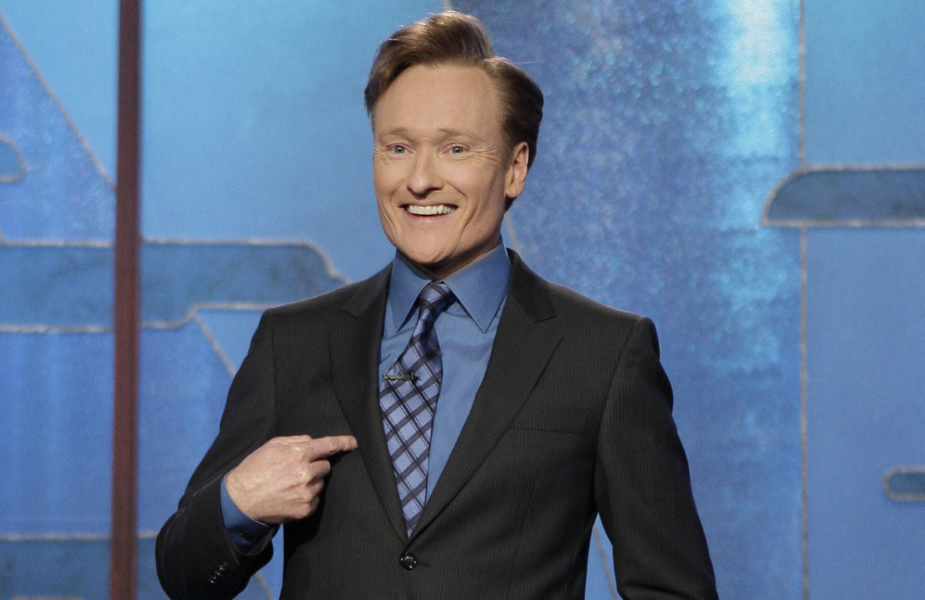
Today’s late-night hosts haven’t had the impact of previous generations, which is why Stephen Colbert and the Jimmys aren’t on this list. There was a time when it wasn’t clear that Conan O’Brien would even last long enough to make an impact in late night. But now, 28 years into his triumphant on-camera career (or should I say Triumph-ant), his legacy is secure. As I recently argued, made a safe space for a quirky style of brainy-stupid humor that during his time has crept into the mainstream and influenced as many comic minds as Letterman did in his generation...
4. Jay Leno
Host, The Tonight Show with Jay Leno
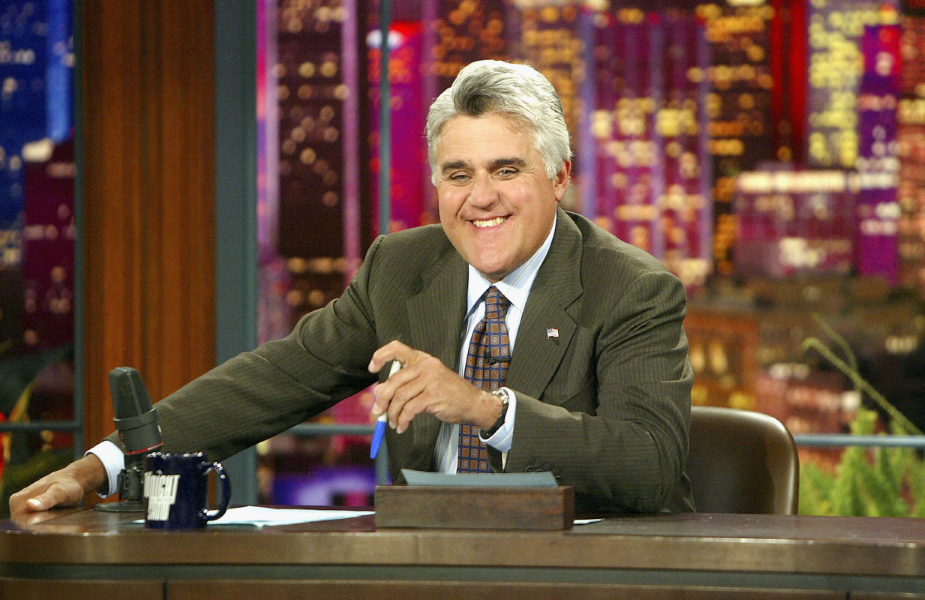
...and then Jay cut him off at the knees. Don’t get me started on Jay Leno.
3. Johnny Carson
Host, The Tonight Show Starring Johnny Carson
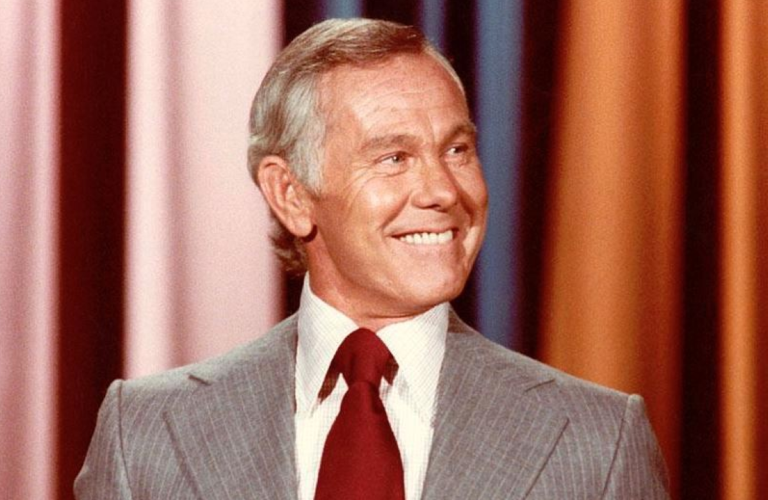
He owned the time period for 30 years. He accounted, some years, for 25 percent of NBC’s overall profits. He did a show everyone wanted to do. He made late night a big effing deal. There’s a channel devoted to Carson reruns on streaming, and his reruns are the anchor of Antenna TV. Watch any of it — the monologue, the desk bits, the Mighty Carson Arts Players or the interviews — for a master class in how to communicate. He may not be the most impactful host in the history of late night, but I regard him as the all-time greatest.
2. David Letterman
Host, Late Night with David Letterman, Late Show with David Letterman and My Next Guest Needs No Introduction with David Letterman
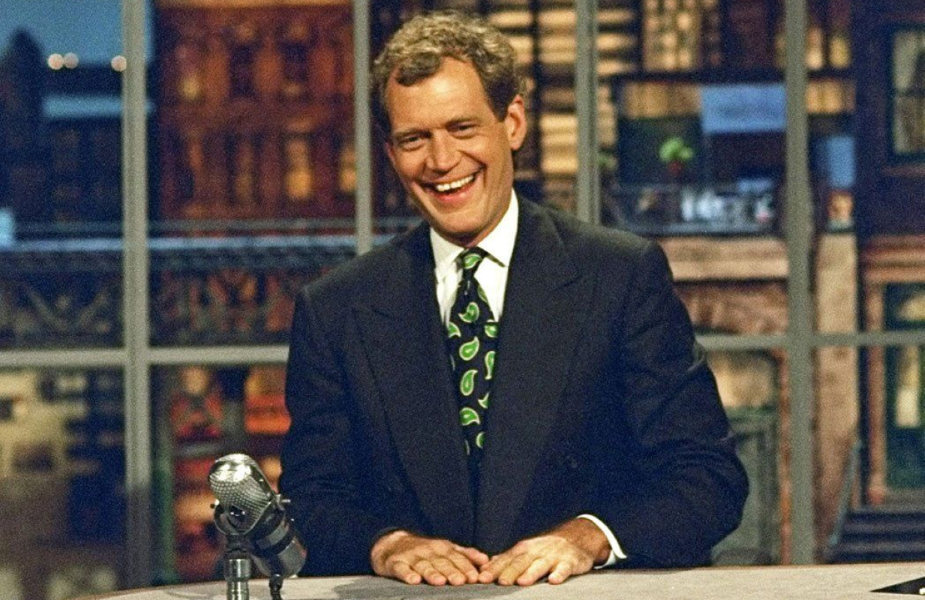
Carson’s Tonight Show had a huge impact, but there was something old-school about it that didn’t mesh with the self-conscious style of television created by the first generation to grow up watching TV. Dave was part of that generation, and his program showed the way forward after Johnny. That sensibility is everywhere in video culture now. Of course, Merrill Markoe, Steve O’Donnell, Rob Burnett and other talented writers behind the scenes at Late Night with David Letterman and its successor, Late Show with David Letterman, should share in the credit of Dave’s cultural impact. But in the end, as Johnny once said, it’s about the “guy behind the desk.”
1. Lorne Michaels
Co-Creator and Executive Producer, Saturday Night Live
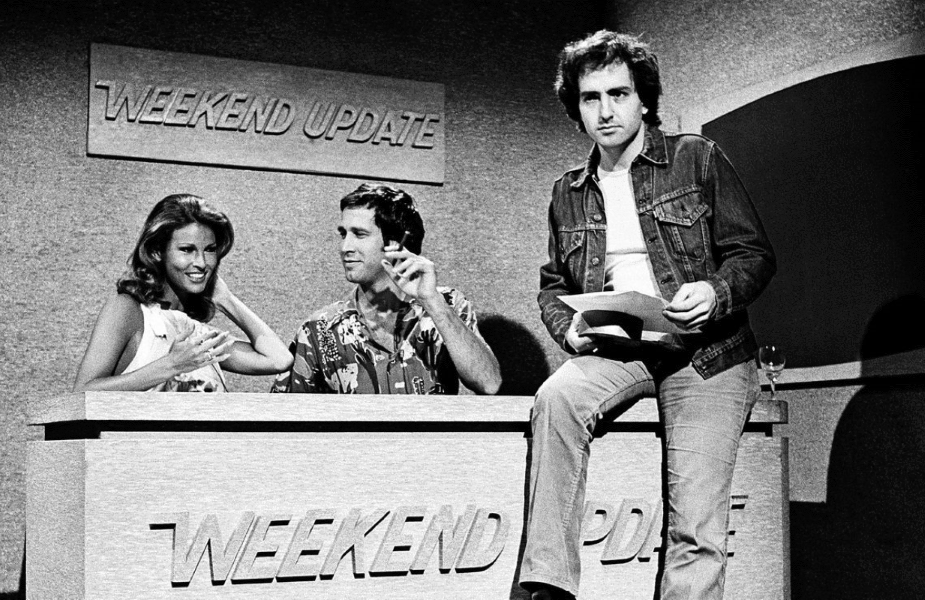
He co-created SNL in 1975, left in 1980, came back in 1986, turned it into a talent factory and kept it relevant. It just finished the 2020-21 season as the No. 1-rated show with the key demo of 25-to-54-year-olds … among all programs, including prime-time shows. In addition to movies and sitcoms, he has a production hand in all of NBC Universal’s comedy-talk enterprises: SNL, The Tonight Show and Late Night — both starring former “Weekend Update” anchors — and now Amber Ruffin on Peacock. Lorne Michaels is the most impactful person in the history of late night TV. No one else even comes close.
Aaron Barnhart has written about television since 1994, including 15 years as TV critic for the Kansas City Star.
TOPICS: Late Night, NBC, The Amber Ruffin Show, The Arsenio Hall Show, Conan, The Daily Show with Jon Stewart, Late Night with Conan O'Brien, Late Night with David Letterman, Late Show with David Letterman, Nightline, Saturday Night Live, The Tonight Show Starring Johnny Carson, The Tonight Show with Jay Leno, Tonight Starring Jack Paar, Tonight Starring Steve Allen, World News Now, Amber Ruffin, Arsenio Hall, Barry Mitchell, Bill Maher, Charlie Rose, Chelsea Handler, David Letterman, Dick Ebersol, Howard Stringer, Jack Paar, Jay Leno, John Agoglia, Johnny Carson, Jon Stewart, Lizz Winstead, Lorne Michaels, Madeleine Smithberg, Merrill Markoe, Roone Arledge, Steve Allen, Sylvester “Pat” Weaver, Ted Koppel, Warren Littlefield